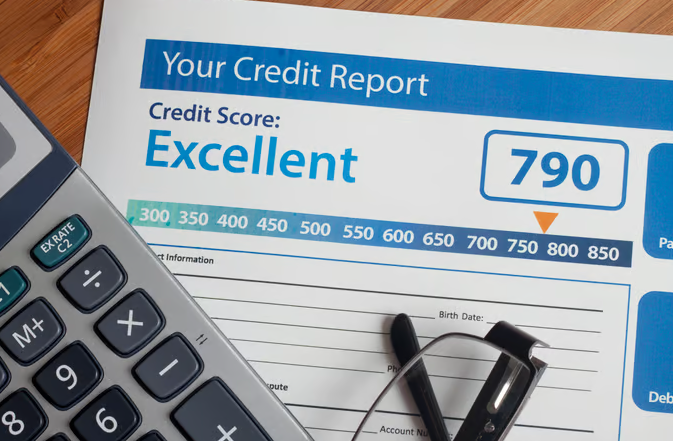CREDIT SCORE
Responsible Credit Card Use: Smart Financial Habits
Using a credit card responsibly can play a major role in building long-term financial stability....
Learn More


![]() June 3, 2024
June 3, 2024
In your ability to get a mortgage, your credit score and credit history play a significant role. As a borrower, mortgage lenders use your credit report to calculate your risk, and the lower your score and the more spotty your background, the riskier you are to most lenders.
The lower your ratings, all other things being equal, lenders charge a higher interest rate to protect against this risk. In fact, with a credit score of 699, you will pay almost 0.4 percent more for your mortgage rates and over $15,000 more interest on a $200,000 mortgage over your loan period than someone with a 760 score.
Your credit score reflects your prior use of credit, which is used by lenders to determine how responsible you are for credit. This applies to the prior payment and debt management activities, and it gives lenders an overview of what they should expect if they lend you cash to buy a home.
As such, credit ratings directly impact the mortgage rates you are given by a lender. A lower interest rate and a lower monthly payment would typically mean higher credit scores, whereas lower scores will generally earn higher rates.
Also Read: Ultimate Guide: How to Maintain Credit Score in Good Standing?
Your best bet is to raise your score before applying for a home loan if you have a poor credit score and are looking to buy a home. Also, you can talk about your situation with a housing counselor. As well as any down payment or closing cost assistance services you may be eligible for, they will be able to direct you through your options.

An FHA loan, which provides less stringent credit conditions than other loans, may also be considered. Borrowers with credit scores as low as 500 might be able to apply for an FHA loan in certain situations as long as they have at least a 10 percent down payment.
It’s not just your interest rate that influences your credit score, but your loan’s long-term costs, too. Let’s take an example at a glance. This is based on a 30-year loan of $200,000 and interest rates as of August 2020.
| Credit Score | Interest Rate | Monthly Payment | Total Interest Paid |
|---|---|---|---|
| 760-850 | 2.577% | $798 | $87,378 |
| 700-759 | 2.799% | $822 | $95,806 |
| 680-699 | 2.976% | $841 | $102,624 |
| 660-679 | 3.19% | $864 | $110,982 |
| 640-659 | 3.62% | $912 | $128,154 |
| 620-639 | 4.166% | $974 | $150,665 |
Also Read : How Your Loans Affecting Your Taxes
The easiest way to raise your chances of qualifying for a mortgage loan, as well as having a lower interest rate, is to boost your credit score.
In order to do this:
You should also take action to secure your credit while you’re getting ready to buy a home. Do not apply for new credit cards or loans; stop major transactions; and make sure to shop around for your loan within the same short period of time. This will prevent those credit inquiries and your chances of getting a loan from damaging your score.
It is important to search around for your mortgage, no matter what your credit score is. Interest rates, loan products, conditions, and more all vary by lender, and you’ll need to consider at least a couple of different lenders in your quest if you want the best offer on your loan.
Related Articles:

Best Offline Apps That Save Data on Prepaid Plans
Feb 13, 2026

Holiday Marketing Ideas That Drive Real Sales Growth
Feb 12, 2026

Business Loan Documents Guide for Telecom Dealers
Feb 10, 2026

Telecom Cybersecurity: Essential Strategies to Protect Networks
Feb 6, 2026

Responsible Credit Card Use: Smart Financial Habits
Feb 4, 2026